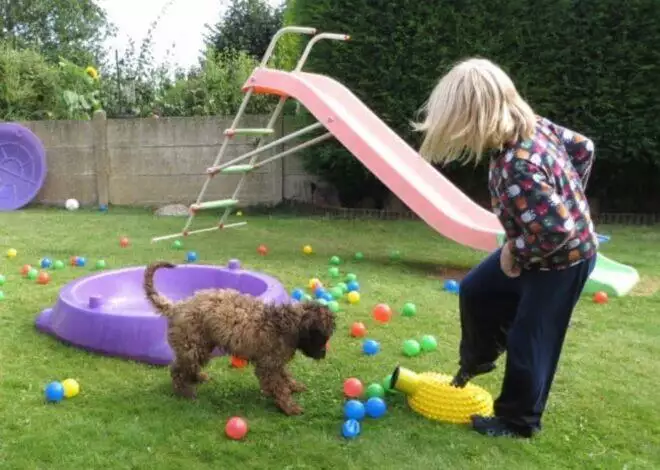Parenting is tough—and learning to be a better parent is even tougher.
Parenting is one of the most challenging and most significant responsibilities a person can take on.
It’s a continual marathon that pushes you to flexibly be there for your child throughout many seasons of life. It requires patience, compassion, unending love, and so much more.
And though parenting is incredibly rewarding, parenting can often feel like a thankless job. From long nights with newborns to moody conversations with tweens to sending young adults off into the world, you give so much to your children.
In the midst of each life stage, parents often wonder, “How can I be a better parent?”
With my experience as a family life coach and raising my own children, I’ve learned a few tips to help you on this journey:
1. Be intentional with the daily moments.
To be a better parent, we must start with making each moment intentional, especially the small daily interactions.
Small moments can lead to bigger opportunities to listen to your child, model life skills to them, or remind them how much you care for them.
For instance, prioritize finding regular opportunities to tell your child you love them. This simple affirmation, when said consistently and sincerely, forms a foundation of emotional security.
Whether your child is five or fifty-five, hearing “I love you” matters.
2. Listen—really listen.
Children, like adults, want to be heard and understood.
When your child talks to you, avoid interrupting or rushing to correct. You should listen first, then respond.
Good listening skills build trust and show respect. When children feel heard, they’re more likely to open up, even during tough conversations.
3. Encourage your child’s interests, even when they differ from your own.
Each child has unique strengths and passions.
Your job is not to mold them into your image, but to help them grow into the best version of themselves.
Support their efforts, celebrate their progress, and acknowledge their effort, not just outcomes.
4. Good parenting is founded on humility.
Parents, remember we all make mistakes.
But when you do make one, it’s vital that you admit to it and then apologize.
When you sincerely apologize to your child, you are modeling an important life skill: it teaches kids to take responsibility and accountability for their actions.
Additionally, asking for forgiveness fosters openness and vulnerability that lead to deeper connections within your family.
5. Provide boundaries and offer guidance.
Children need structure and discipline to thrive, not as punishment, but as a form of loving guidance.
According to developmental psychology research, clear and consistent boundaries are associated with healthier emotional development and better long-term decision-making.
6. Create a calm home environment.
The environment your child grows up in plays a crucial role in shaping who they become. A chaotic home can lead to a frantic child, while a calm home can lead to a child who can take on problems with a clear mind.
I encourage you to create an atmosphere that is relaxed, respectful, and uplifting.
Then when conflict arises (and it will) you are able to focus on resolving misunderstandings rather than escalating them.
Plus, this can help your children learn to have healthy conflict resolution skills.
7. Make a commitment to protect your children as long as they need it.
What makes parenting so complex is that it evolves.
Just when we think we’ve mastered one phase, our children change. Their needs shift, and so must our approach. The role of a parent isn’t static, it’s dynamic and lifelong.
At its core, parenting is about love, protection, and modeling the kind of behavior we hope our children will one day embody.
So when our children grow old, we should still be there to protect them.
Even when my mom and dad were close to passing away, they still expressed caring for me more than they cared for themselves.
Parenting isn’t a journey to perfection; it’s about taking steps to be better one day at a time. Your child will remember how you made them feel more than anything else.





